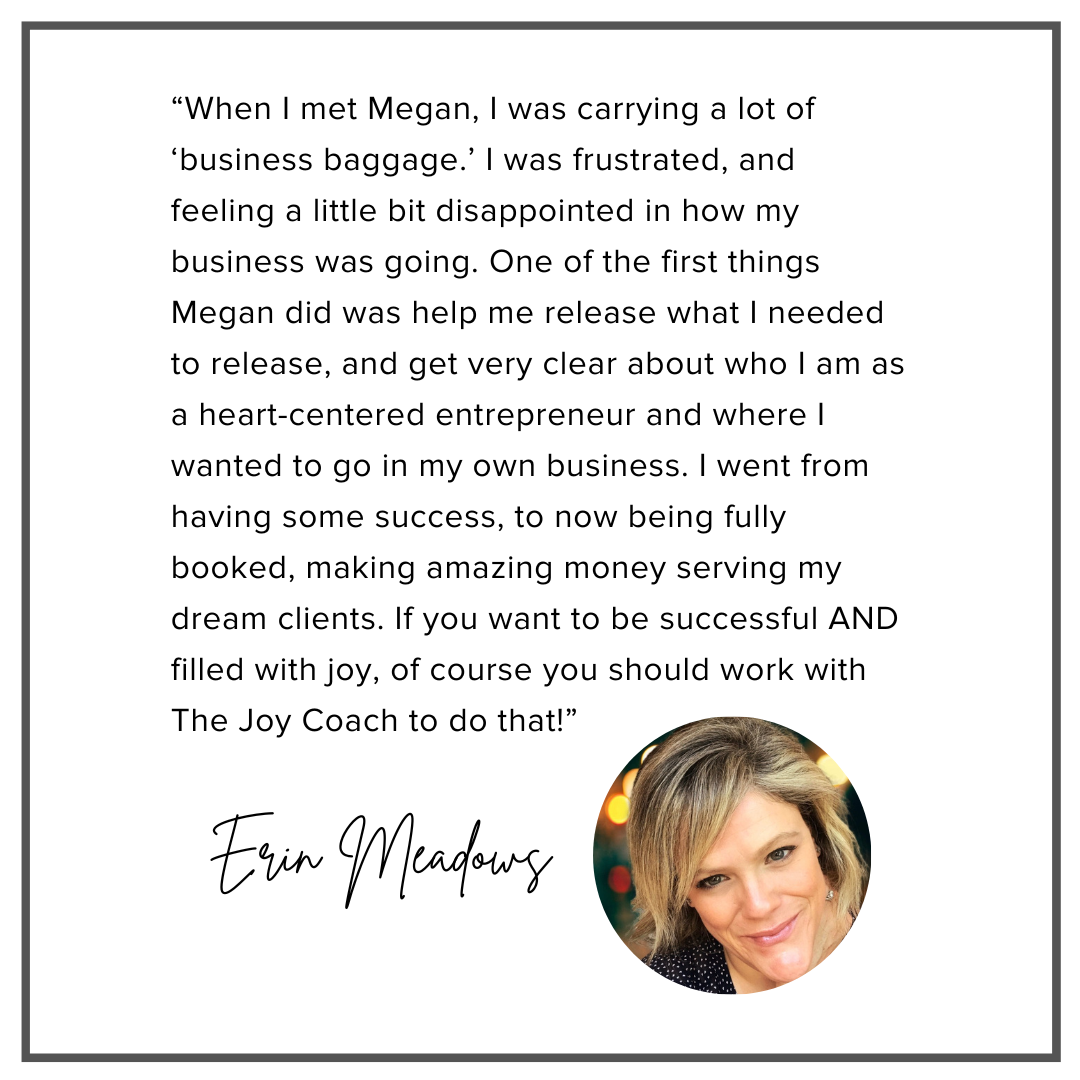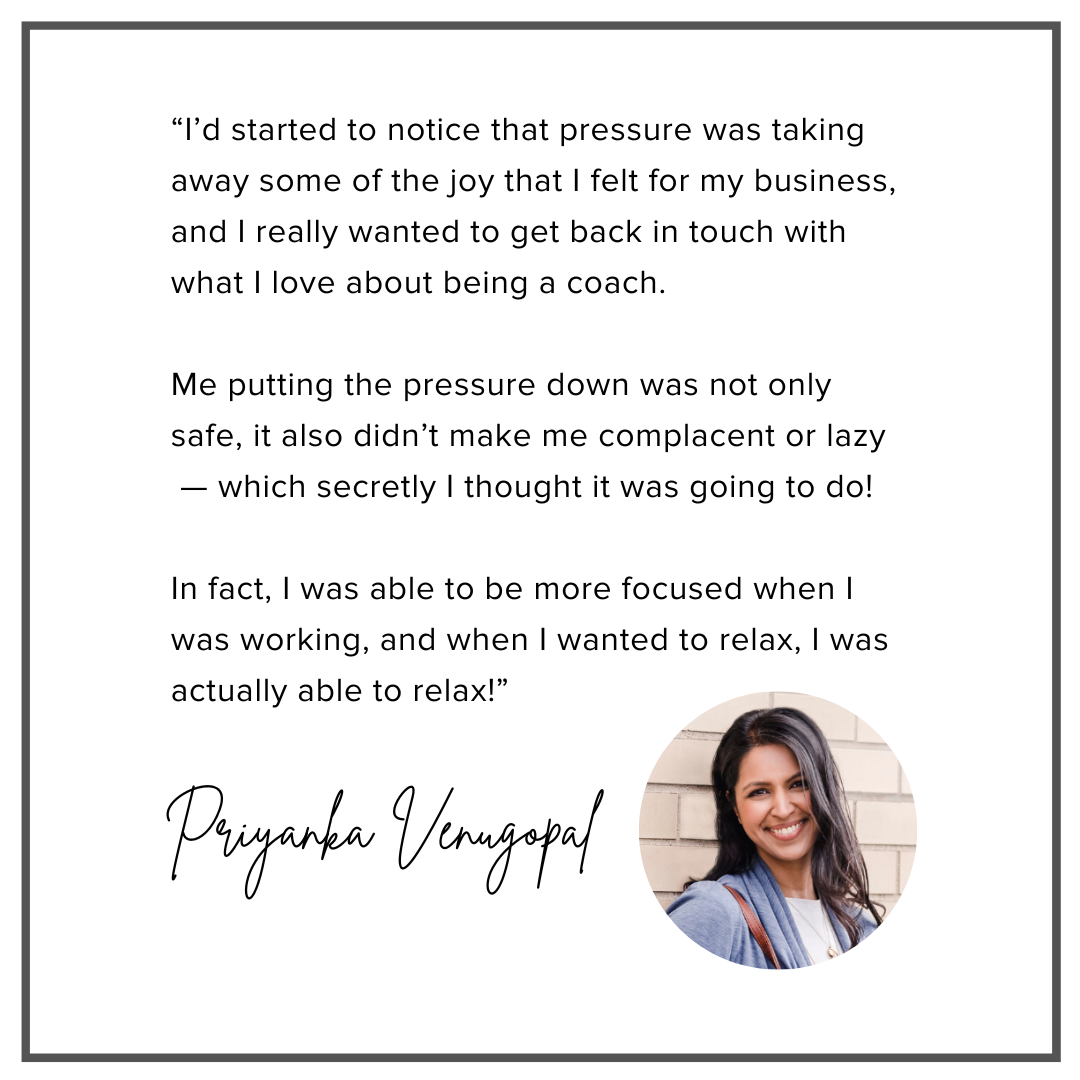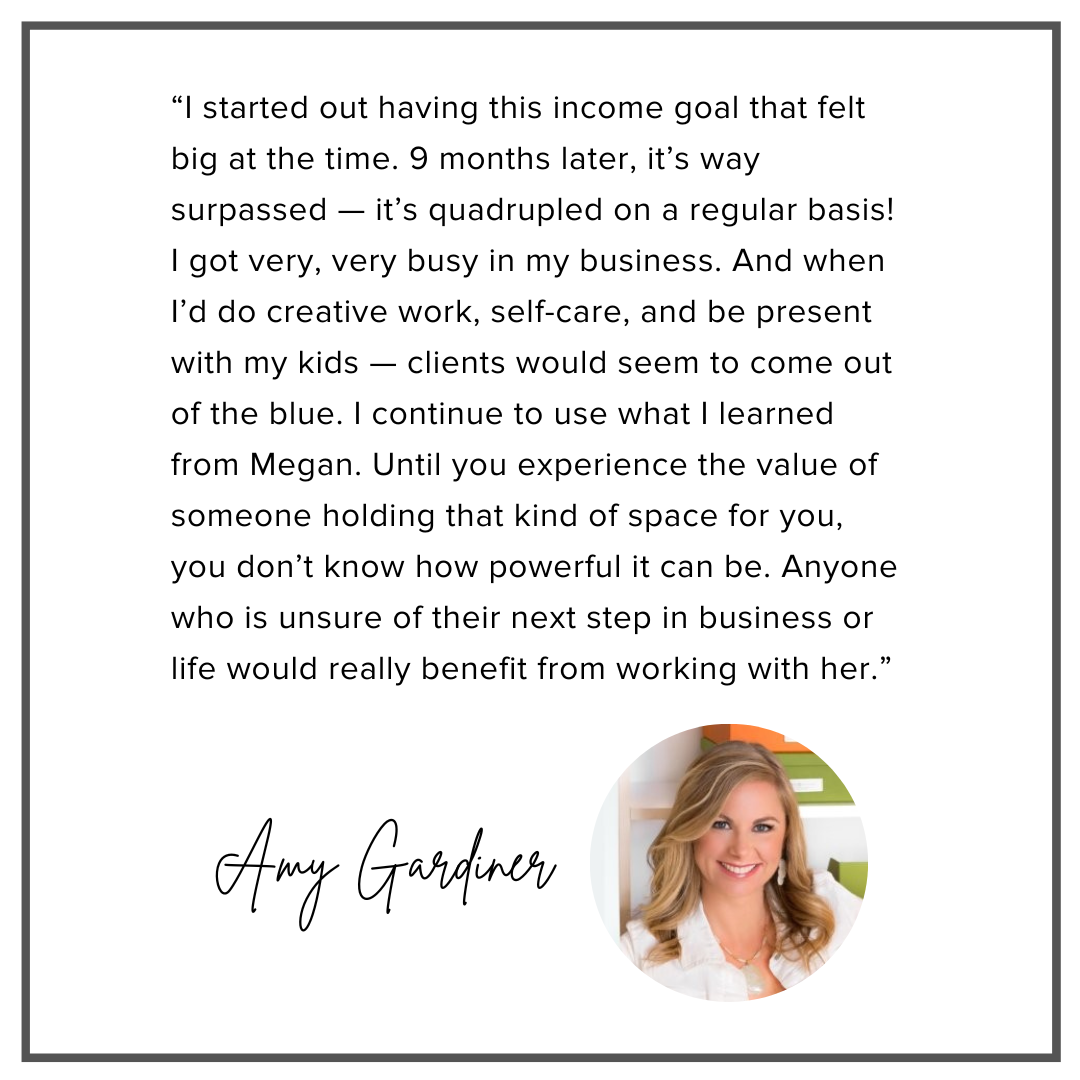Something new is on the horizon. Maybe you've got an interview for a role that feels just beyond your experience, or you're switching industries altogether. Maybe you're about to pitch your startup to some new investors whose funding could change everything. Or maybe you're finally signing up for that online dating site, or moving in with your partner.
You're taking a big leap of faith and putting yourself out there. And the unknown awaits. Before the event itself has even begun you feel yourself starting to plan for the worst-case scenario. What will I do if it doesn't work out? What's my back-up plan?
I've always been a planner, so believe me when I say: I get it. I really do. This kind of prep can make us feel like we're temporarily in control of the situation. And, there's nothing wrong with some healthy preparedness. But at what point does planning become obsessive, fear-inducing, and just plain draining?
Here's what I know: always planning for the worst does very little to help you prepare for the best. It also reinforces a perception of the Universe as not having your back, and you not being supported by anything bigger than yourself. When you're in that place, it can feel like maintaining control is your only option. Yet grasping onto details and maintaining a false sense of control restricts your joy, and leaves little room for inspiration, strategic pivoting, and a sense of flow in every area of your life.
So with that in mind, let's talk about some alternatives to going down the worst-case scenario rabbit hole — a process that's also known as creating a "negative future fantasy." Because, as one of my teachers Dr. Ron Hulnick would say, "You might as well win in your own fantasies."
Try to remember the last time you let worry and fear run the show, and came up with a million reasons why an idea wouldn't work, or why future plans were destined to turn out terribly.
Now, try putting even a fraction of that energy into dreaming and envisioning the best-case scenario. Because the truth is: if you are reading this from a computer right now, you probably have a pretty good life setup. The daily decisions you toil over might feel overwhelming, but you'll be okay even if you enter most life situations without a fully-fledged back-up plan. You're more resilient and resourceful than you realize. And besides, when you enter a situation with a vision for your most ideal outcome, you shift your thinking and energy to a place where that outcome is much more likely to occur.
Set aside 5-10 minutes, and for the entirety of that time your only job is to actively envision the best-case scenario end result. Be sure to ask yourself: what does that feel like?
This isn't about getting attached to the images you bring to mind, it's about giving your stress levels a break, redirecting your thoughts, and rebooting your energy. From that place, you're also more likely to do something proactive rather than preventative.
This is an especially powerful practice whenever you feel yourself slipping into planner mode. It's a workout for your mind, and trust me when I say: the results are so worth your time and energy.
To your best-case scenario,



























